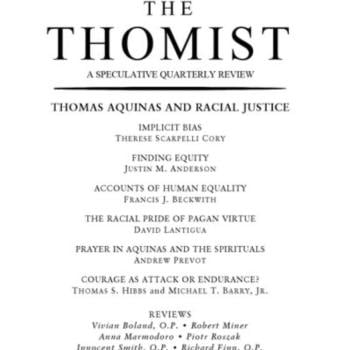By the time this column appears, we may know the earthly fate of Pastor Youcef Nadarkhani, the Iranian Christian who is under sentence of death for apostasy from Islam. As of Wednesday, September 28, Nadarkhani had declined his final opportunity to renounce Jesus Christ before a regional court. He could be executed at any time.
Iran's leaders are in a difficult spot, if one of their own making. Whatever they decide, they will be crossing a Rubicon. For a regime riven by internal dissent and despised by much of the population, there are no low-cost options. Killing Nadarkhani has the feel of stepping over a precipice, perhaps setting in motion forces that will operate according to an unpredictable logic of their own. The extremists in Iran who believe Christians will have to die are not necessarily prepared at the moment to start killing them. And there are some officials and clerics, even in the revolutionary Islamic government, who recoil from the prospect of executing one, much less many.
Yet the religious authorities in Iran must be concerned about letting the Christian church grow unchecked.
But what is known is that more and more Muslims, from Iran and elsewhere, are reporting dreams and visions of Jesus. The trend is so pervasive that there is a website dedicated to encouraging Muslims who have had such encounters. There is an energy and hope in these reports that is mirrored in the letter sent from Youcef Nadarkhani a few weeks ago. The letter is written in the accents of a pastor, urging and exhorting his flock:
O beloved ones, difficulties do not weaken mankind, but they reveal the true human nature.
It will be good for us to occasionally face persecutions and abnormalities, since these abnormalities will persuade us to search our hearts, and to survey ourselves.
So as a result, we conclude that troubles are difficult, but usually good and useful to build us.
Dear brothers and sisters, we must be more careful than any other time.
Because in these days, the hearts and thoughts of many are revealed, so that the faith is tested. . . .
As a small servant, necessarily in prison to carry out what I must do, I say with faith in the word of God that he will come soon. "However, when the Son of Man comes, will he find faith on the earth?"
As my colleague David French notes, lawmakers and other leaders from the United States have universally condemned Iran's actions and expressed support for Nadarkhani and for religious liberty. The EU and the nations of Europe are calling on Iran to release Nadarkhani and respect human rights. These are praiseworthy appeals; as the countrymen of these nations, we could not be comfortable if our leaders did not make them.





